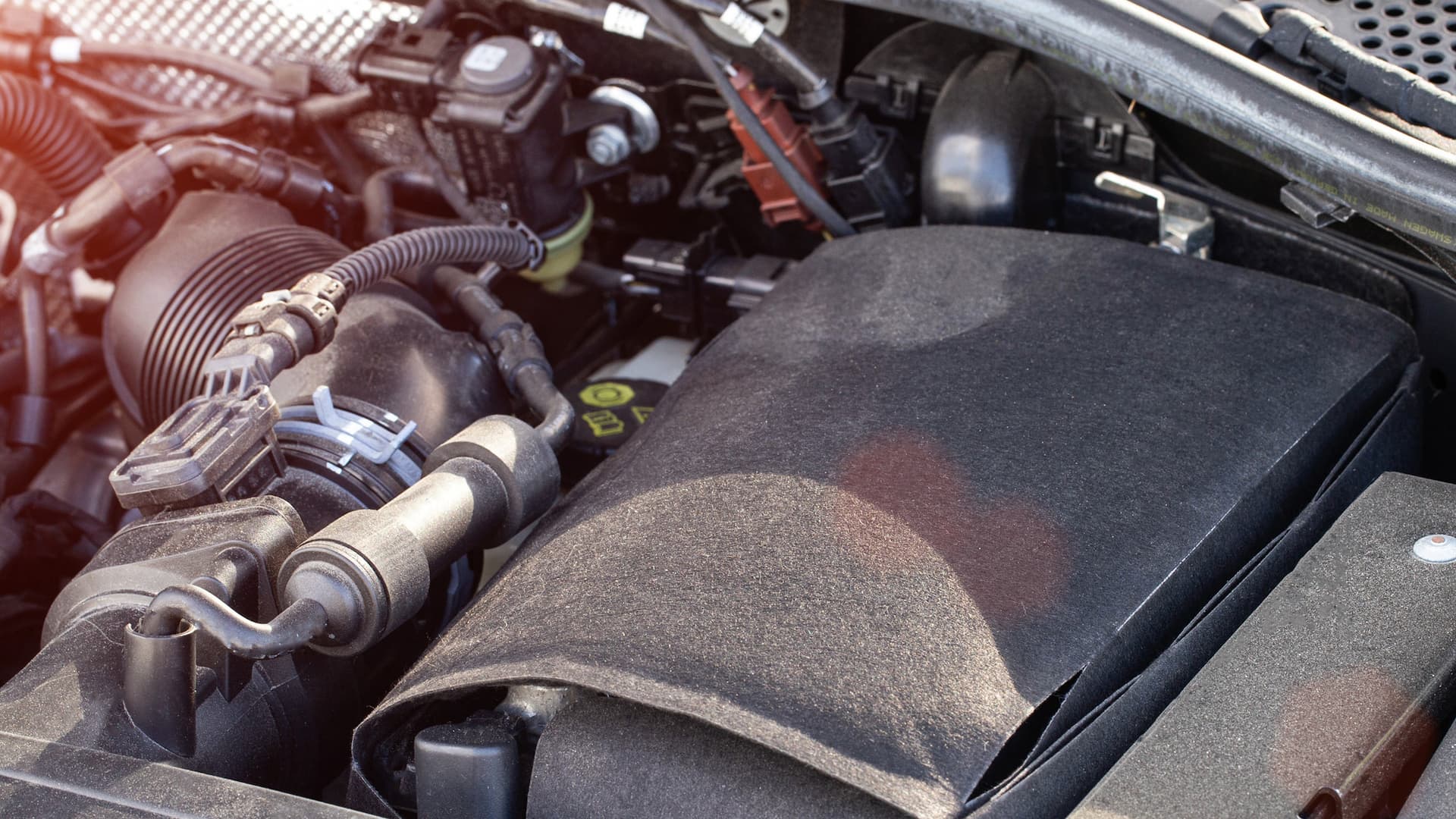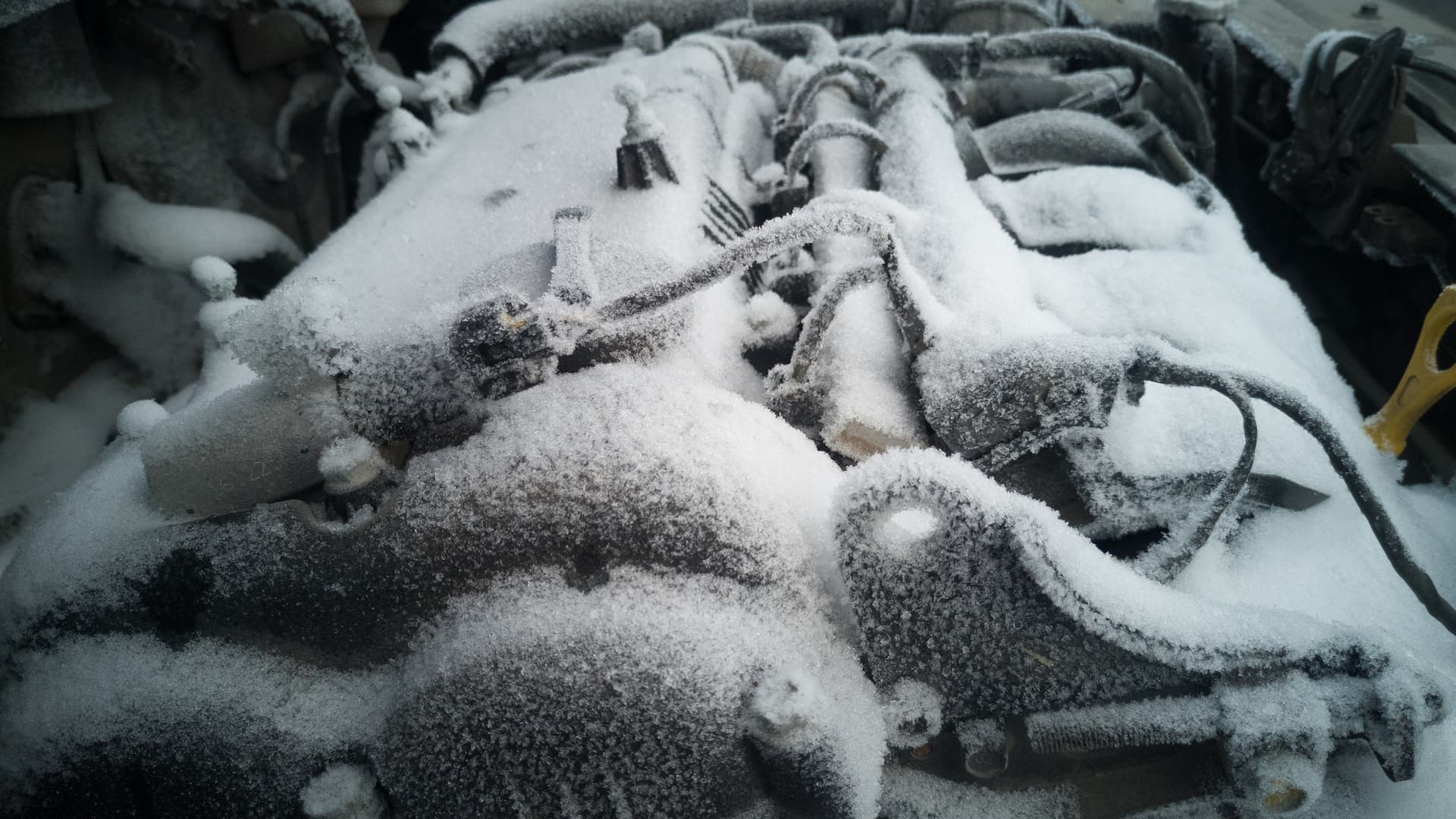BMW 740iL Ignition Coil Replacement Costs
Our mobile mechanics bring the shop to you 7 days a week.
Get a quote today for your BMW 740iL

Find Your Cost
BMW 740iL Ignition Coil Replacement Costs
AutoNation Mobile Service offers upfront and competitive pricing. The average cost for BMW 740iL Ignition Coil Replacement is $768. Drop it off at our shop and pick it up a few hours later, or save time and have our Delivery mechanics come to you.








How It Works
Our certified technicians come to you with a wrench and a smile. Do what you’d normally do at home (or the office) - catch up on yard work or a favorite TV show, make dinner - while your vehicle is being serviced.
Tell us about your vehicle
Provide your car’s year, make, model and engine type or provide your plate and we’ll look it up for you.
Get an instant quote
Depending on your repair, you will receive an instant quote or one directly from one of our advisors during business hours.
Schedule your repair
Schedule a time that works best for you and we’ll come to your home or office to complete the repair. Or drop it off at one of our local shops.
TESTIMONIALS
Real reviews from our customers
Why AutoNation Mobile Service?
We perform over 600 repair and maintenance services including oil changes, brakes, diagnostics, belts and hoses, and more. The best part? We come to you with all the necessary tools and parts.






